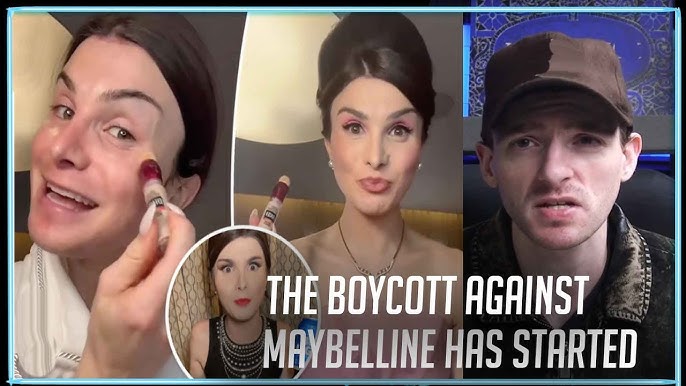
Maybelline, a renowned name in the cosmetics industry, has been a favorite among makeup enthusiasts for decades. However, recent controversies have sparked a wave of consumer backlash, leading to the Maybelline boycott. This article delves into the reasons behind the boycott, shedding light on the issues that have compelled consumers to take a stand.
The Backstory
Maybelline, a subsidiary of L’Oréal, has a rich history dating back to the early 20th century. Founded by T.L. Williams, the company has come a long way to become a global beauty behemoth. Known for its affordable and trendy products, Maybelline has enjoyed a loyal customer base for generations. Nevertheless, concerns regarding their ethical and environmental practices have put the brand in hot water.
Animal Testing Allegations
One of the key triggers behind the Maybelline boycott is the accusation of continued animal testing. Despite numerous advances in cruelty-free cosmetics, some consumers claim that Maybelline still tests its products on animals, raising ethical and moral concerns. Advocates for animal rights have been particularly vocal in their criticism of the brand.
Questionable Ingredient Transparency
Consumers today are more conscious of the ingredients in their beauty products than ever before. Maybelline has faced criticism for not being transparent about the ingredients used in their products. The lack of clear information regarding allergens, irritants, and potential harmful chemicals has driven consumers to seek alternatives.
Environmental Impact
The beauty industry is notorious for its environmental impact, from excessive packaging to harmful chemicals. Maybelline, like many other cosmetics companies, has been called out for its contribution to plastic waste and the use of non-environmentally friendly materials. The growing concern about climate change has encouraged consumers to scrutinize their favorite brands’ environmental practices.
Ethical Sourcing and Labor Practices
In addition to the environmental concerns, allegations of unethical sourcing and labor practices have also tarnished Maybelline’s reputation. Questions about the working conditions in the factories where their products are made and the ethics of sourcing ingredients have fueled the boycott.
The Power of Social Media
The Maybelline boycott has gained momentum due to the power of social media. Hashtags and online campaigns have allowed consumers to voice their concerns and spread awareness about the issues surrounding the brand. Influential beauty bloggers and YouTubers have also joined the conversation, amplifying the boycott’s reach.
Alternatives and Sustainable Choices
As the boycott gains traction, consumers are seeking alternatives that align with their values. Many are turning to cruelty-free, environmentally responsible brands and demanding more transparency from the beauty industry as a whole. This movement is reshaping the cosmetics landscape and pushing companies to adopt more responsible practices.
Conclusion
The Maybelline boycott is a testament to the increasing importance consumers place on ethical, transparent, and environmentally conscious practices within the beauty industry. As the boycott continues, it remains to be seen whether Maybelline will address these concerns and regain the trust of its once-loyal customers. Regardless of the outcome, this movement serves as a powerful reminder of the consumer’s ability to drive change in the corporate world, one product at a time.



